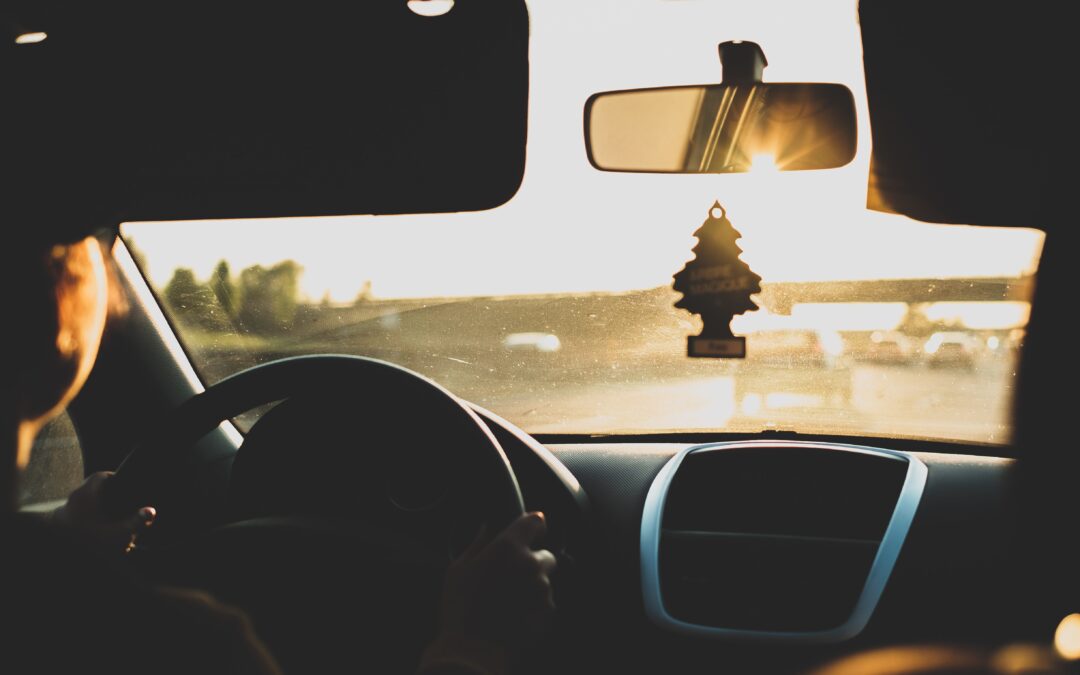Accidents happen. No matter how many preventative measures you take, sometimes things just go wrong. While it’s unfortunate and inconvenient to have an issue while on the road, there are many ways you can be prepared for whatever happens. One of the best things to keep in your car is a road trip toolkit. This kit can either be stored in a bag or kept in your trunk – just as long as it’s somewhere in your car. Here are 10 supplies to always keep in your vehicle.
1. Jumper cables.
Whether due to extreme weather or an aging battery, the need to jump start your car battery may arise. In situations like these, jumper cables are going to be the most beneficial part of your road trip toolkit. Additionally, if you’re near someone else whose car battery has died, your cables can help restart their car. Jumper cables can benefit both yourself and those around you.
2. First aid kit.
Sometimes, you just need a band aid. A first aid kit can come in handy for many things – bandages, headache medicine, gauze, and the list goes on. If you happen to get in an accident or hurt yourself fixing something in your car, a first aid kit will be a great help to you.
3. Tire replacement supplies.
Flat tires are the worst. If you happen to pop a tire, it’s helpful to have a tire jack, a lug wrench, a spare tire, and a can of Fix-a-Flat. These aren’t going to be a complete fix; however, they will at least keep your vehicle drivable until you’re able to get to a tire shop.
4. Multitool.
Instead of sticking an entire heavy toolbox into your car, a multitool will get most jobs done. One with pliers like this one could be especially helpful in situations where you need to fix something.
5. Blanket.
Not only will a blanket keep you warm if you have to be outside during a colder season; you can lay a blanket on the ground to keep yourself clean if you need to get under your vehicle to fix something.
6. Extra food.
In the unlikely event you get stranded on the road, having enough food to last at least 48 hours will be a huge benefit. Crackers, nuts, and jerky are examples of foods that are less sensitive to temperature changes. The most important thing to keep in mind is choosing foods that will not spoil; these should be stored in your glove box rather than your trunk to make sure they don’t get too hot, though.
7. Water bottles.
When it comes to storing water in the car, plastic bottles are not the best way to do so. The heat can cause chemicals from the plastic to seep into the water, making it taste unpleasant. Instead, store water in glass or stainless steel containers. Alternatively, keep the bottles in a cooler – the water will still get a bit warm, but the extra layer will keep the water fresher for longer.
8. Fire extinguisher.
A Class B or Class C fire extinguisher is fantastic to keep in your road trip toolkit. Though a car fire is unlikely, it’s better to be safe than sorry. When not in use, the fire extinguisher should be strapped under the passenger seat of your vehicle. This website has a great explanation of why you should keep a fire extinguisher and how to install it in your vehicle.
9. Duct tape.
Duct tape fixes everything! Well, almost. Regardless of the things it does not fix, duct tape is a great thing to keep with your other supplies. It is waterproof, durable, and easy to store, plus you can use it in a multitude of situations.
10. Flashlight.
The final thing to keep in your vehicle is a flashlight. Although most phones nowadays have a flashlight feature, if your phone battery dies, you’ll need a backup. Flashlights come in handy if you need to do any type of repairs in the dark, or even if you need to locate something under a seat.
This is not an end-all-be-all list of supplies to keep in your vehicle. Feel free to add or replace things to fit your needs, but make sure you keep a kit. It’s always best to be prepared! Here at Horizon Transport, your safety on the road is our priority. Safe travels!
